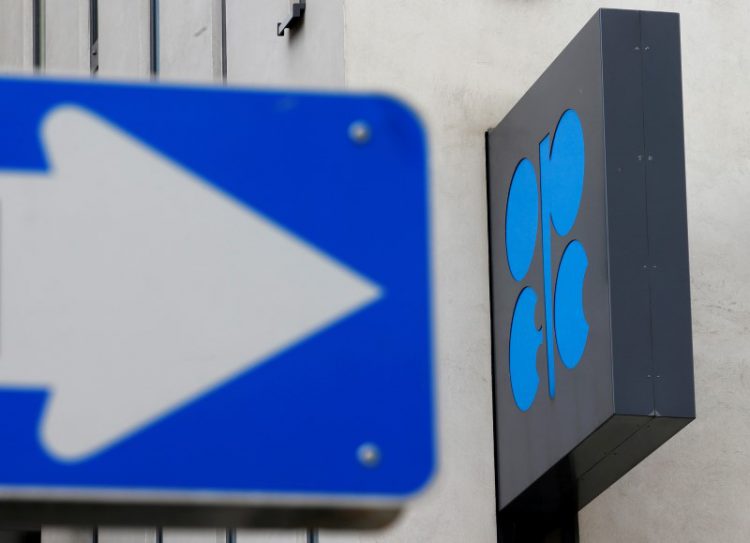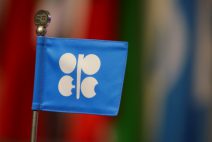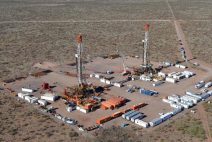OPEC said it remains cautiously optimistic about the fundamentals of the oil market for 2024 and blamed 'exaggerated concerns' about demand for the recent price drop, while sticking to its relatively high prediction of crude consumption for next year.
Oil has weakened to a six-month low near $72 a barrel for Brent, having hit a 2023 peak near $98 in September.
The decline has deepened since OPEC+, which includes OPEC oil-exporting countries and allies like Russia, announced a new round of production cuts on November 30.
But the Organization of the Petroleum Exporting Countries, in a monthly report, said it remained "cautiously optimistic about the fundamental factors affecting the oil market dynamics in 2024" and stated that speculators had played a significant role in the price drop.
"Crude futures prices experienced a significant decline, marked by heavy selling amid a very volatile futures market," OPEC said in a comment on prices in November.
"Market dynamics were fueled by exaggerated concerns about oil demand growth, which negatively influenced market sentiment."
OPEC maintained its forecast for global oil demand growth in 2023 at 2.46 million barrels per day (bpd). For next year, it predicts demand growth of 2.25 million bpd, also unchanged from last month.
OPEC has consistently forecast higher demand growth for next year than other analysts, such as the International Energy Agency, although both have a similar view of demand for 2023.
OPEC+ producers have been cutting output since late 2022 to support the market in a series of measures. The OPEC report notes that the group's production fell in November.
Iran, exempt from OPEC supply cuts due to U.S. sanctions, has been increasing production in 2023.
Nigeria and Angola have recovered from internal issues that have limited their production.
However, in November, OPEC pumped 27.84 million bpd, 57,000 bpd less than in October due to decreased production in Iraq, Angola, and Nigeria, according to the report, citing figures from secondary sources.
A Reuters survey on December 6 placed OPEC production last month near this level, at 27.81 million bpd.
Saudi Arabia, which extended a voluntary cut of 1 million bpd until the first quarter of 2024 as part of the OPEC+ agreement on November 30, reported to OPEC that it reduced production by 122,000 bpd to 8.818 million bpd in November.






















